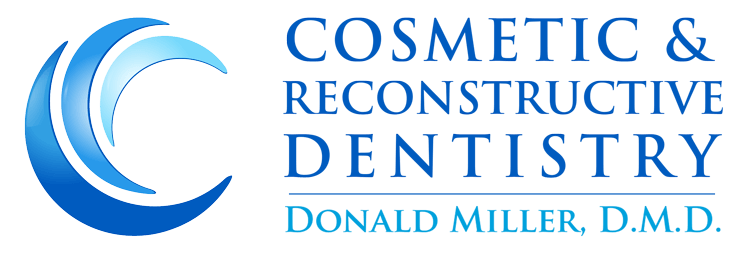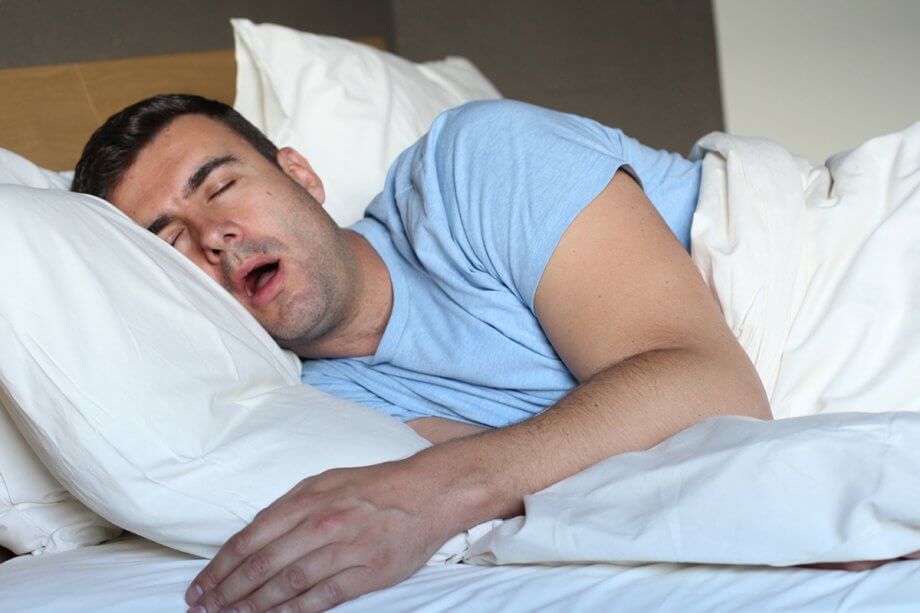If you’ve been waking up feeling more tired than when you went to bed or your partner’s endless nudging during the night has become the norm, you might be dealing with more than an annoying snoring problem. Snoring isn’t not just a nuisance—it can pose serious health risks, including hypertension.
Understanding Snore Appliances
Definition and Types of Snore Appliances
Snore appliances, also known as anti-snoring devices, are designed to keep your airways open during sleep. This prevents the airway obstruction that causes snoring and sleep apnea. There are various types of snore appliances available, including:
- Mandibular Advancement Devices (MADs): These devices push the lower jaw forward to keep the airway open.
- Tongue Retaining Devices (TRDs): These hold the tongue in place to prevent it from collapsing backward.
- Nasal Dilators: These open up the nasal passages, making it easier to breathe through the nose.
How Snore Appliances Work
The primary mechanism of snore appliances is to prevent the soft tissues in the throat and tongue from collapsing into the airway. Doing so allows unobstructed airflow, reducing or eliminating snoring and sleep apnea episodes.
For example, MADs create more space in the airway by moving the jaw forward, while TRDs keep the tongue from falling back. Nasal dilators, on the other hand, facilitate nasal breathing, which can also reduce snoring for some individuals.
The Connection Between Hypertension & Snoring
How Hypertension Can Be Caused by Snoring
When you snore or experience sleep apnea, your body is deprived of adequate oxygen during sleep. This causes the body to work harder to keep the airways open, increasing stress and strain on the cardiovascular system. Over time, this strain can result in elevated blood pressure or hypertension.
Statistics on the Prevalence of Hypertension in Sleep Apnea Patients
Studies show that nearly 50% of individuals with sleep apnea also suffer from hypertension. This statistic underscores the strong correlation between these conditions and highlights the importance of addressing sleep-related breathing disorders to improve cardiovascular health.
Frequently Asked Questions About Snore Appliances and Hypertension
How Do Snore Appliances Help Reduce Hypertension?
Snore appliances improve breathing during sleep, which can significantly lower blood pressure. These devices lessen the strain on the cardiovascular system by keeping the airway open and reducing episodes of oxygen deprivation. Improved oxygen levels mean less stress on the heart and lower overall blood pressure.
Are Snore Appliances Effective for Everyone with Hypertension?
While snore appliances can be highly effective for many people, they are not a one-size-fits-all solution. Their effectiveness can vary based on individual anatomy and the severity of snoring or sleep apnea. Consulting with a healthcare professional is crucial to determine if a snore appliance is the right option.
What Types of Snore Appliances Are Best for Reducing Hypertension?
Mandibular Advancement Devices (MADs) and Tongue Retaining Devices (TRDs) are generally considered the most effective for reducing hypertension, as they directly address airway obstruction. Nasal dilators can be helpful for those whose snoring originates from nasal congestion but may be less effective for sleep apnea.
How Quickly Can I See Results in My Blood Pressure After Using a Snore Appliance?
The timeline for seeing improvements in blood pressure can vary. Some individuals may notice changes within a few weeks, while others might take a few months. Factors such as hypertension severity, adherence to the device, and overall health can influence the speed and extent of improvement.
Are There Any Side Effects or Risks Associated with Using Snore Appliances?
Common side effects of snore appliances include jaw discomfort, dry mouth, and minor tooth movement. Proper fitting and gradual adjustment to the device can often mitigate these issues. Long-term safety is generally good, but ongoing monitoring by a healthcare professional is recommended to address any concerns.
Consult with Cosmetic & Reconstructive Dentistry
In summary, snore appliances offer a promising solution for those struggling with snoring, sleep apnea, and hypertension. By improving breathing during sleep, these devices can help reduce the strain on your cardiovascular system, leading to lower blood pressure and better overall health.
If you or a loved one are battling these issues, it’s worth exploring snore appliances as a potential remedy. Consult with Dr. Donad Miller of Cosmetic & Reconstructive Dentistry in Fairfield, CT to find the best device for your needs and take a step towards better sleep and heart health. Call 203-255-6878 to schedule your appointment. Or, book an appointment online.
Dr. Miller specializes in TMJ, implant, general, family, and cosmetic dentistry and is an active member of the Fairfield, CT community. He has practiced dentistry in Fairfield for over 25 years. Other popular services provided by the practice include TMJ treatment, Same Day Crowns, Veneers, and Teeth Whitening.

